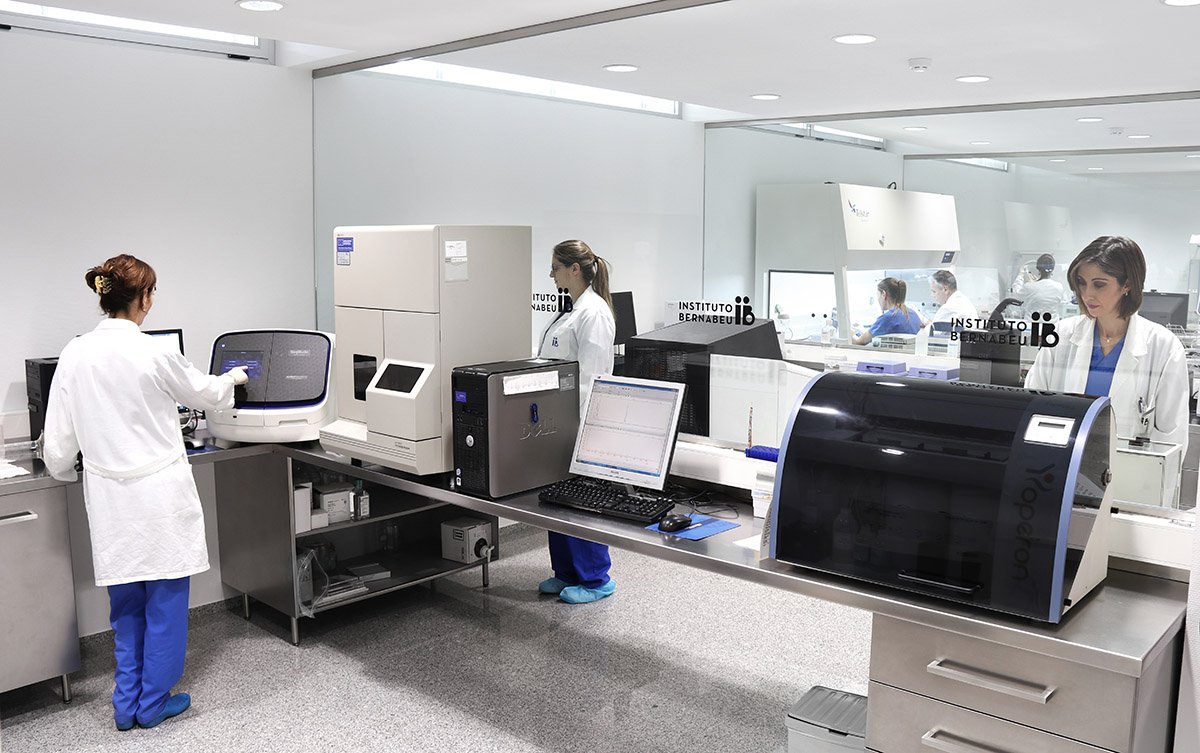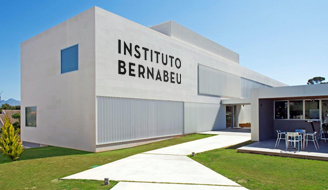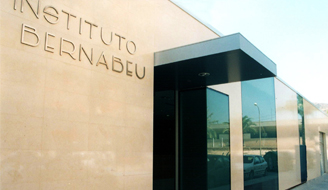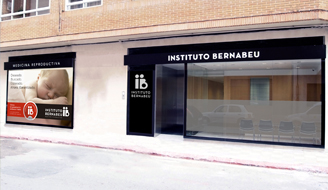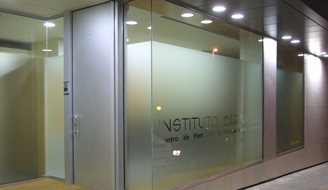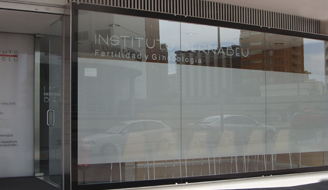The scientific journal Reproductive BioMedicine Journal gathers Instituto Bernabeu’s investigation on non-invasive embryo biopsy to detect chromosomic alterations
Specialized scientific magazine “Reproductive BioMedicine Journal” includes in its December 2020 publication an innovative investigation developed by Instituto Bernabeu’s GEnetics department. This is a research work evaluates two precise techniques for the embryo chromosomal study through the innovative niPGT-A test or non-invasive preimplantation genetic test for aneuploidies.
The relevance of the research carried out by the clinic’s genetics laboratory and echoed by the international scientific publication is that "it is the first study to evaluate the consistency of different chromosome analysis techniques for niPGT-A", highlights the scientific director of IBBiotech, Dr Belén Lledó.
It is in the advanced Implantation Failure and Recurrent Miscarriage Unit of Instituto Bernabeu where the multidisciplinary approach to the pregnancy failure causes or spontaneous interruption of pregnancy is carried out. We have developed own different studies and research. The comparative analysis of the most precise technique for the chromosomal study of the embryo is one of the scientific works that the Spanish group presented to the ESHRE congress, the most important at the European level that this 2020 has been developed in virtual format.
The non-invasive PGT-A (niPGT-A) has evoked a great deal of interest in reproductive medicine field in recent years as it would avoid the performance of embryo biopsy in the process of preimplantation genetic diagnosis. This would reduce the impact on the embryo's implantation capacity which, although minimal, requires highly specialized personnel and equipment. To do this, the free DNA, which is present in the culture medium where the embryo develops in vitro, is analysed.
For the validation of this new method, which uses free DNA, different techniques have been developed with varying success rates and agreement. The discrepancies found between the results of PGT-A and niPGT-A appear to be related to embryonic mosaicism, preferential aneuploid cell removal, maternal DNA contamination and the method used for analysis (amplification / detection).
The efficacy of niPGT-A is limited by technical complications associated with the low quantity and quality of DNA present in the culture medium, presenting technical challenges for genetic analysis. It is not clear which method is the most appropriate.
For this purpose, 302 chromosome analyses were carried out using two different techniques: Veriseq (Illumina) and NICS (Yikon). Both techniques showed similar results for all the parameters analysed. Therefore, the diagnostic agreement between PGT-A and niPGT-A seems to be independent of the technique used for genetic analysis. Interestingly, concordance was higher for embryos with day six biopsy. Therefore, niPGTA may be influenced by factors such as DNA contamination and embryonic mosaic. Optimization of embryo culture conditions and media recovery are potential targets for improving the reliability of IPPTN-A.
B. Lledo, R. Morales, J.A. Ortiz, A. Rodriguez-Arnedo, J. Ten, J.C. Castillo, A. Bernabeu, J. Ll. Aparicio, R.Bernabeu.
